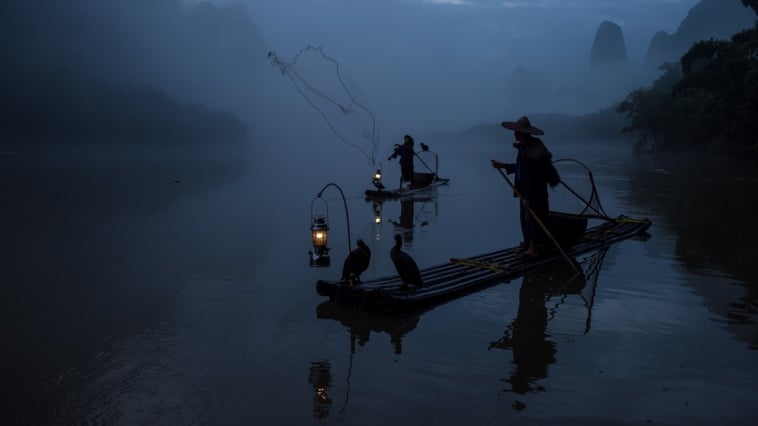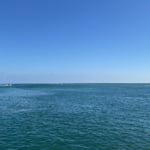When using a rented pontoon boat for fishing, it is important to be aware of any specific regulations that may apply. To ensure a successful and enjoyable fishing trip, it is essential to familiarize yourself with any rules regarding fishing licenses, catch limits, and specific areas where fishing may be prohibited. By following these regulations, you can help protect the environment and ensure a positive experience for yourself and others on the water. Are there specific fishing regulations when using a rented pontoon boat?
Yes, there are specific fishing regulations you need to be aware of when using a rented pontoon boat.
When heading out on the water for a day of fishing on a rented pontoon boat, it’s important to know and understand the various fishing regulations that may apply to your location. Depending on where you are fishing, there may be specific rules and guidelines that you need to follow to ensure that you are fishing legally and responsibly. In this article, we will discuss some of the common fishing regulations that you should be aware of when using a rented pontoon boat.
Licensing and Permits
Before you start fishing on a rented pontoon boat, you need to make sure that you have the appropriate fishing license and permits. Fishing licenses are typically required by state laws and regulations and are necessary to legally fish in most bodies of water. The type of license you need and the regulations you must follow may vary depending on the state, so it’s essential to check with the local fishing authorities to determine what specific requirements apply to you.
Having the proper fishing license and permits not only ensures that you are fishing legally but also contributes to the conservation and management of fish populations. By obtaining the necessary licenses and permits, you are helping to support efforts to maintain sustainable fish populations for future generations to enjoy.
Fishing Seasons and Bag Limits
Another important aspect of fishing regulations that you need to be aware of when using a rented pontoon boat is the fishing seasons and bag limits. Fishing seasons refer to specific times of the year when certain fish species can be caught legally. Bag limits, on the other hand, specify the maximum number of fish that an angler can catch and keep in a single day.
Fishing regulations related to seasons and bag limits are designed to protect fish populations during their spawning seasons and ensure that anglers are not depleting fish stocks beyond sustainable levels. By adhering to fishing seasons and bag limits, you are helping to maintain healthy fish populations and promote responsible fishing practices.

Size Limits and Catch-and-Release Policies
In addition to fishing seasons and bag limits, you also need to be aware of size limits and catch-and-release policies when fishing on a rented pontoon boat. Size limits specify the minimum size of fish that can be legally caught and kept, while catch-and-release policies encourage anglers to release certain fish species back into the water to promote conservation efforts.
Size limits are put in place to allow fish to reach maturity and reproduce before being caught and kept by anglers. By adhering to size limits, you are helping to ensure that fish populations have the opportunity to continue thriving and reproducing in the wild. Catch-and-release policies aim to protect vulnerable fish species and maintain healthy populations for future generations to enjoy.
Restricted Areas and Special Regulations
Some bodies of water may have restricted areas or special regulations that you need to be aware of when fishing on a rented pontoon boat. Restricted areas may include protected marine sanctuaries, wildlife refuges, or conservation areas where fishing is either prohibited or restricted to certain times of the year.
Special regulations may include specific gear restrictions, bait requirements, or even designated catch-and-release zones. It’s essential to familiarize yourself with any restricted areas and special regulations that apply to the body of water you are fishing in to ensure that you are in compliance with all relevant laws and guidelines.

Ethical and Sustainable Fishing Practices
When using a rented pontoon boat for fishing, it’s crucial to practice ethical and sustainable fishing techniques to minimize the impact on fish populations and their habitats. Some best practices for ethical and sustainable fishing include properly handling and releasing caught fish, avoiding overfishing, and using barbless hooks to reduce harm to fish.
By embracing ethical and sustainable fishing practices, you are not only promoting the well-being of fish populations but also contributing to the overall health and sustainability of aquatic ecosystems. Responsible fishing is essential for preserving the natural beauty of our waterways and ensuring that future generations can continue to enjoy the thrill of fishing on rented pontoon boats.
Conclusion
In conclusion, when using a rented pontoon boat for fishing, there are specific fishing regulations that you need to be aware of to ensure that you are fishing legally and responsibly. From licensing and permits to fishing seasons and bag limits, it’s essential to familiarize yourself with the various rules and guidelines that apply to the body of water you are fishing in.
By following fishing regulations, practicing ethical and sustainable fishing techniques, and respecting the natural environment, you can enjoy a successful and fulfilling fishing experience on a rented pontoon boat. Remember to always check with local fishing authorities for up-to-date information on fishing regulations and stay informed about any changes or updates that may affect your fishing activities.
So next time you head out on the water with a rented pontoon boat, make sure to brush up on the fishing regulations and enjoy a day of fishing in compliance with the law. Happy fishing!






